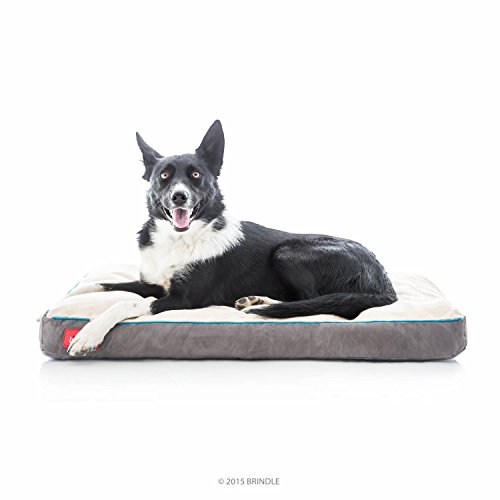
It's very hard to predict exactly what to expect when adopting a dog. This depends solely on the dog's previous life experiences, existing training (if any) and if he/she has been ill treated or abused.
It is very common that when adopting, the shelter will not know the life history of the dog, so the old cliche rings true here; "expect the worse, but hope for the best".
The key is in preparedness. This article will highlight some must-dos (and a couple of do-nots!) throughout the dog adoption process to hopefully make your adoption a little easier!
Stack up on Supplies
Make sure you purchase the necessary supplies before getting your adoptee home. The basic supplies that any adopted dog will need are:
** Don't purchase any food whose first ingredient is by-products; in fact we stay away from any dog food with any by-products listed. We settled on Natural Choice, which our adopted dog, Loki, loves even dry. Plus it is a very healthy blend of proteins and fats.
Assign Responsibilities
If you have never had a dog before, there are regular tasks needed to keep your adopted dog happy and healthy. Break these responsibilities up between the family so everyone knows who's responsible for:
Set Limits and Boundaries
It's going to be very tempting to allow your newly adopted dog to jump up on the furniture and sleep on your bed. Let's face it, there's nothing cuter than laying in bed with your dog's head laid across you. However, I would not advise this in the first stages of adoption - these things should be off limits.
The reason is, when no limits are set, a dog will typically do as he/she wants. As yet, there is no establishment of hire-achy, and it is quite common for the dog to try and establish dominance - a practice adopted from dogs in the wild.
One such example is marking his or her territory; I don't believe anyone wants to come home to a wet bed!
If the dog tries to jump up or push your established limits, calmly tell the dog "no", or "get down". Reward the dog with a treat when he/she complies. The dog will very soon recognize that food and treats come from you - a solid and much more productive approach at establishing hire-achy than scolding or reprimanding the dog - approaches I strongly discourage with any adopted dog.
Dog Training
The level and frequency of training depends on the adoptee in question. It's quite common for an adopted dog not to agree to vocal commands, even if he or she recognizes them during the first few days of adoption. He/she is scared, nervous and anxious all rolled into one. Allow your pup to get accommodated with their new home and family.
I would leave this period of acquaintance to no more than 3 days. It is important to start obedience training as soon as possible, but, especially where adopted dogs are concerned, there is such a thing as pushing them too hard, too fast.
During those 3 days, be patient, loving and attentive to your dogs needs - this will greatly speed up the dogs trust and familiarity with you and his/her surroundings - absolutely no shouting, scolding or punishment - only firm reinforcement and treating the dog once he/she complies.
 How To Improve The Smell Of Your Dogs Breath
7 Ways To Improve Your Dogs Breath
We all love those exuber
How To Improve The Smell Of Your Dogs Breath
7 Ways To Improve Your Dogs Breath
We all love those exuber
 Can Your Dog Live Longer?
Live Long and PlayMans best
Can Your Dog Live Longer?
Live Long and PlayMans best
 Memory Foam Pad for Dog Bed
Using a memory foam pad for
Memory Foam Pad for Dog Bed
Using a memory foam pad for
 What Kind of Dog Should I Get?
Beagle
Credit: http://commons.wikimed
What Kind of Dog Should I Get?
Beagle
Credit: http://commons.wikimed
 Where Can I Find a Dog for My Family?
Animal Shelter in Iowa, Washington
Cr
Where Can I Find a Dog for My Family?
Animal Shelter in Iowa, Washington
Cr
Copyright © 2005-2016 Pet Information All Rights Reserved
Contact us: www162date@outlook.com